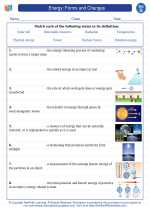Carbon Dioxide
Carbon dioxide (CO2) is a colorless, odorless gas that is naturally present in the Earth's atmosphere. It is a compound composed of one carbon atom and two oxygen atoms. CO2 is an important component of the carbon cycle and plays a crucial role in various biological and environmental processes.
Properties of Carbon Dioxide
- Chemical Formula: CO2
- Physical State: Gas at room temperature and pressure
- Solubility: Soluble in water
- Density: Heavier than air
- Acid/Base Properties: When dissolved in water, it forms carbonic acid, making the solution slightly acidic
Sources of Carbon Dioxide
Carbon dioxide is produced through natural processes such as respiration in animals, volcanic eruptions, and decay of organic matter. Human activities, including the burning of fossil fuels, deforestation, and industrial processes, also contribute to the increase in atmospheric CO2 levels.
Role of Carbon Dioxide in the Environment
Carbon dioxide is a greenhouse gas, meaning it can trap heat in the Earth's atmosphere. While natural levels of CO2 are essential for maintaining the planet's temperature, human-induced increases in CO2 levels have led to concerns about global warming and climate change.
Study Guide Questions
- What is the chemical formula of carbon dioxide?
- Describe the properties of carbon dioxide at room temperature and pressure.
- Explain the sources of carbon dioxide in the environment.
- Discuss the role of carbon dioxide as a greenhouse gas.
- How do human activities contribute to the increase in atmospheric carbon dioxide levels?
Studying the properties and environmental impact of carbon dioxide is essential for understanding its role in climate change and the carbon cycle. It is important to explore ways to mitigate the impact of human activities on CO2 levels and work towards sustainable environmental practices.
.◂Science Worksheets and Study Guides Seventh Grade. Energy: Forms and Changes
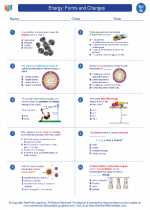
 Worksheet/Answer key
Worksheet/Answer key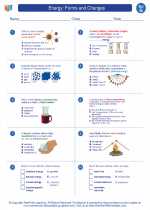
 Worksheet/Answer key
Worksheet/Answer key
 Vocabulary/Answer key
Vocabulary/Answer key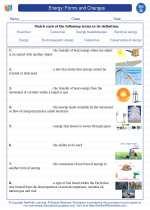
 Vocabulary/Answer key
Vocabulary/Answer key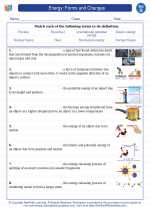
 Vocabulary/Answer key
Vocabulary/Answer key